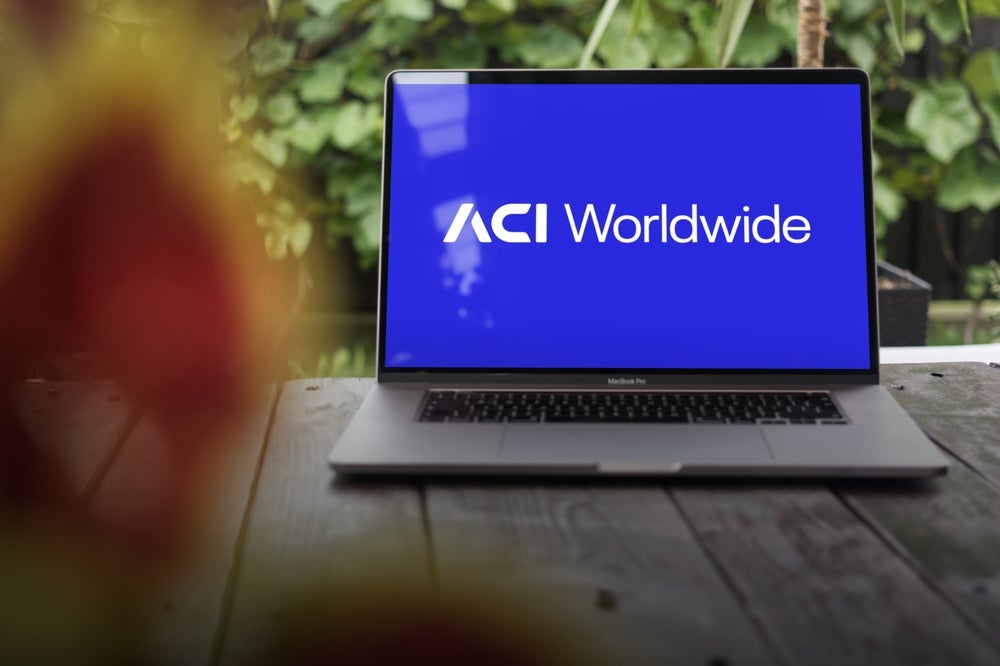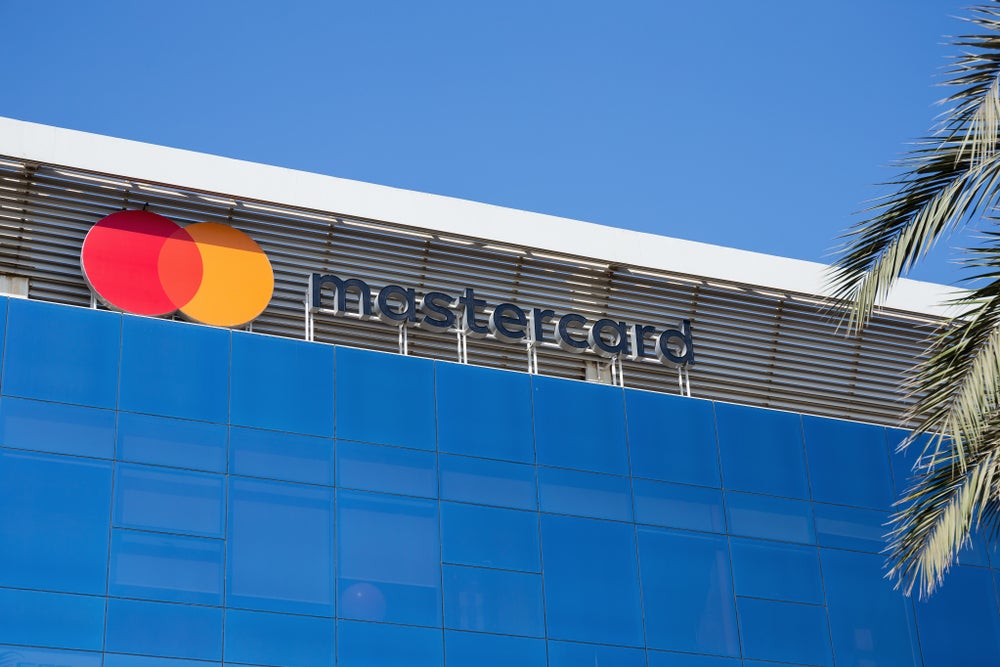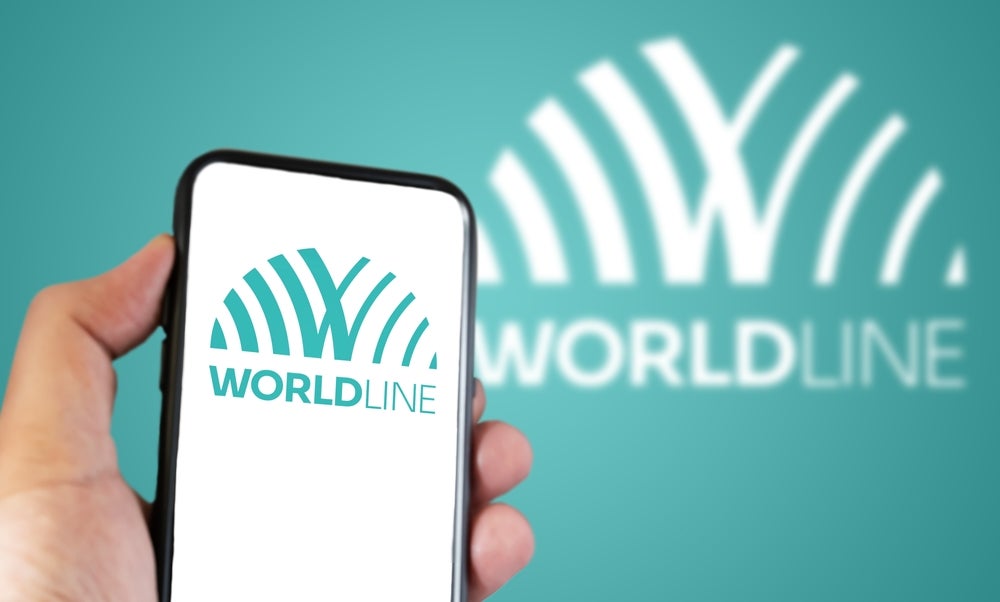After a period in the doldrums, 2011 saw some uplift in the
cards M&A market, and a significant number of deals,
partnerships and JVs to deliver new and alternative payments
technologies.
In the US, the
credit card M&A market began to pick up in 2011, fuelled by
a number of smaller deals between mid-sized players – including
some who are re-entering the card issuance business after years
away. There were the high profile deals by Capital One (paid
$30bn for HSBC’s US card portfolio) and Bank of America’s
(Bofa) sale of
its US$6.8bn Canadian credit card business to Toronto-Dominion
Bank. In June, BofA, in its ongoing asset offloading campaign,
also
sold a $1bn Regions-branded credit card portfolio back to the
Birmingham, Alabama-based bank.
For Regions, it was an opportunity to get back
in the cards business, and regain control of a portfolio of 500,000
existing Regions consumer credit card accounts. Additionally,
Regions acquired a portfolio of 40,000 business credit card
accounts.
In terms of new products, technology and
innovation, companies may still be in the process of carving gout
niches for themselves still – but partnership and acquisition
patterns are emerging and analysts expect the market to consolidate
within the next decade.
This year, there was Dutch start-up TinyPay,
which secured
$1mn from Aksoy Internet Ventures with the aim of expanding
globally and take on the likes of PayPal; and Sweden-based
iZettle, which is new payment acceptance provider aiming to
take on the likes of Square and VeriFone with and EMV-compliant
payments app.
Then there was of course Isis and Google
Wallet.
How well do you really know your competitors?
Access the most comprehensive Company Profiles on the market, powered by GlobalData. Save hours of research. Gain competitive edge.

Thank you!
Your download email will arrive shortly
Not ready to buy yet? Download a free sample
We are confident about the unique quality of our Company Profiles. However, we want you to make the most beneficial decision for your business, so we offer a free sample that you can download by submitting the below form
By GlobalData
Isis announced at the beginning of December that it had
selected Gemalto to secure its mobile commerce platform in the US.
Isis will use Gemalto’s Allynis Trusted Service Manager (TSM)
solution, and allows Isis to provide consumers and merchants with
an open m- commerce platform.
Google Wallet went live in September and shortly before that,
secured Visa’s
approval to use its payWave technology. All these launches, but
Google’s in particular, have stirred optimism for contactless and
other alternative payments in the industry.
One deal that stood out – and probably
showcases the merging of new payment methods – was that of
Vodafone, CartaSi, MasterCard and the Italian People’s Bank
Institute in Italy. They released a prepaid contactless payment
card, called Vodafone Smart Pass, which will be linked to the card
holder’s Vodafone phone number, to enable contactless mobile
purchases.
Vodafone is definitely a company to watch out
for next year as another major Vodafone deal was its Indian
division’s partnership with HDFC Bank
deploy its M-paisa mobile banking service in the north-western
Indian state of Rajasthan.
Where does this leave the good old card, then?
Well, it may be making some space for the new entrants, but
plastic’s anchor is set. One does not need any new methods to
get results, just innovative ideas and new features, it seems:
MasterCard is continuing to grow its distribution network of
display cards:
Turkish bank TEB had gone live with the world’s first display card
last year and this year at Cartes, it unveiled its first display
credit card. Romanian banks Credit Europe Bank and
Carpatica Bank followed suit and launched
display debit cards for online banking authentication in
October.
MasterCard has also
expanded its global prepaid footprint with a deal with Western
Union to drive person-to-person, cross-border e-money remittance.
Western Union itself made significant acquisitions this year: It
bought Travelex Global Business Payments, the spun-out B2B unit
of foreign exchange specialist Travelex. Cross-border remittances
seem to be a focus for next year, as
Western Union teamed up with Forex Bank to provide Europe’s
Nordic region money transfer services to 100 Agent locations in
Denmark, Finland, Norway and Sweden.
As the volatile economy across the world
continues to put pressure on margins, there certainly will be a lot
more M&A activity, or at least partnerships in the coming year.
The consolidation will take place on both fronts – traditional
cards as well as new card payment methods.







